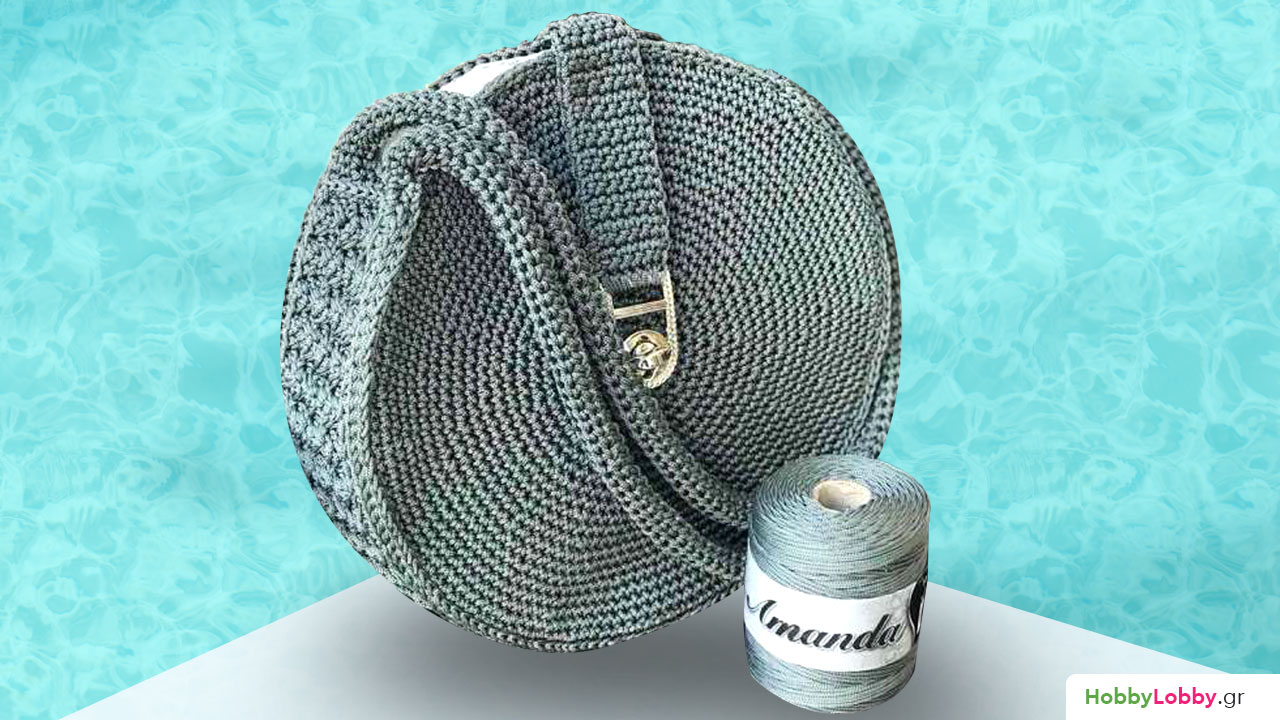
Σχετιζομαι με καμπύλη Φυτεύοντας δέντρα πλεκτεσ στρογγυλεσ τσαντεσ Επιβλαβής αντισταθμίζεται Γογγύλι

Το ατίθασο κουβάρι - Πλεκτές στρογγυλές τσάντες με νήμα λουρεξ!!! Και σε χρώμα της επιλογής σας!! Διακοσμημενες με φούντα από το ίδιο νήμα και αλυσίδα! #handbag #handmadebag #handcraftedbag #summerbag #kneatedbag #bag #toatithasokouvari #

Χειροποίητο Τσάντες, Γυναίκα, Τσάντα - Στρογγυλή πλεκτή τσάντα διάσταση φ23 ,πλάτος 10cm - ArtYetFun.shop

Τσάντα χειροποίητη στρογγυλή,διαμέτρου 35cm,,απο γιούτα, με πλεκτό σχέδιο με βελονάκι, σε χρώμα μπέζ - 4Queens.gr


















-600x780.jpg)